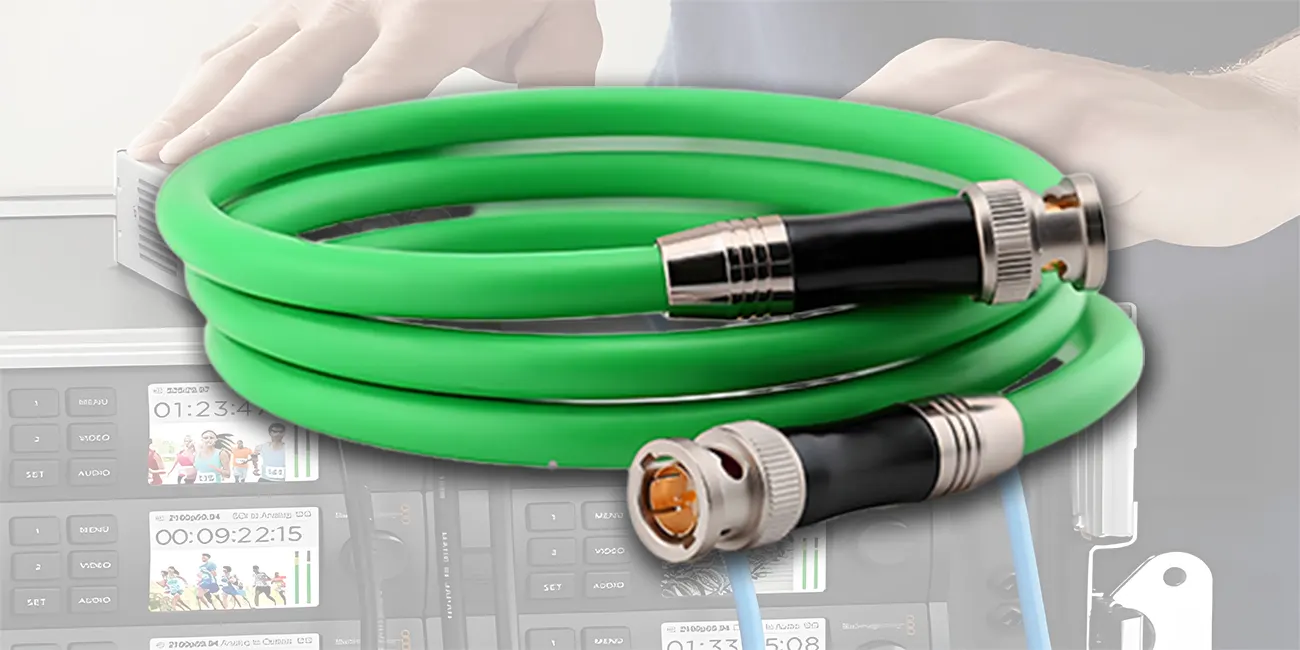
By quanyu lee
2025-09-09 10:03:19
SDI Cable Knowledge Sharing: A Comprehensive Guide Introduction
In modern broadcasting and video transmission, the SDI cable (Serial Digital Interface Cable) has become an essential medium for delivering high-definition signals. Whether in professional TV studios or advanced surveillance systems, SDI cables play a crucial role. This article examines the definition of SDI cables, their key features, differences from other cables, and guides on selecting the right SDI cable manufacturer.
1. What is an SDI Cable?
An SDI (Serial Digital Interface) cable is a coaxial-based video transmission cable defined by SMPTE. It is designed to carry uncompressed digital video signals and supports multiple standards, including HD-SDI, 3G-SDI, 6G-SDI, and 12G-SDI. SDI cables are widely used in broadcasting, post-production, medical imaging, and security surveillance.
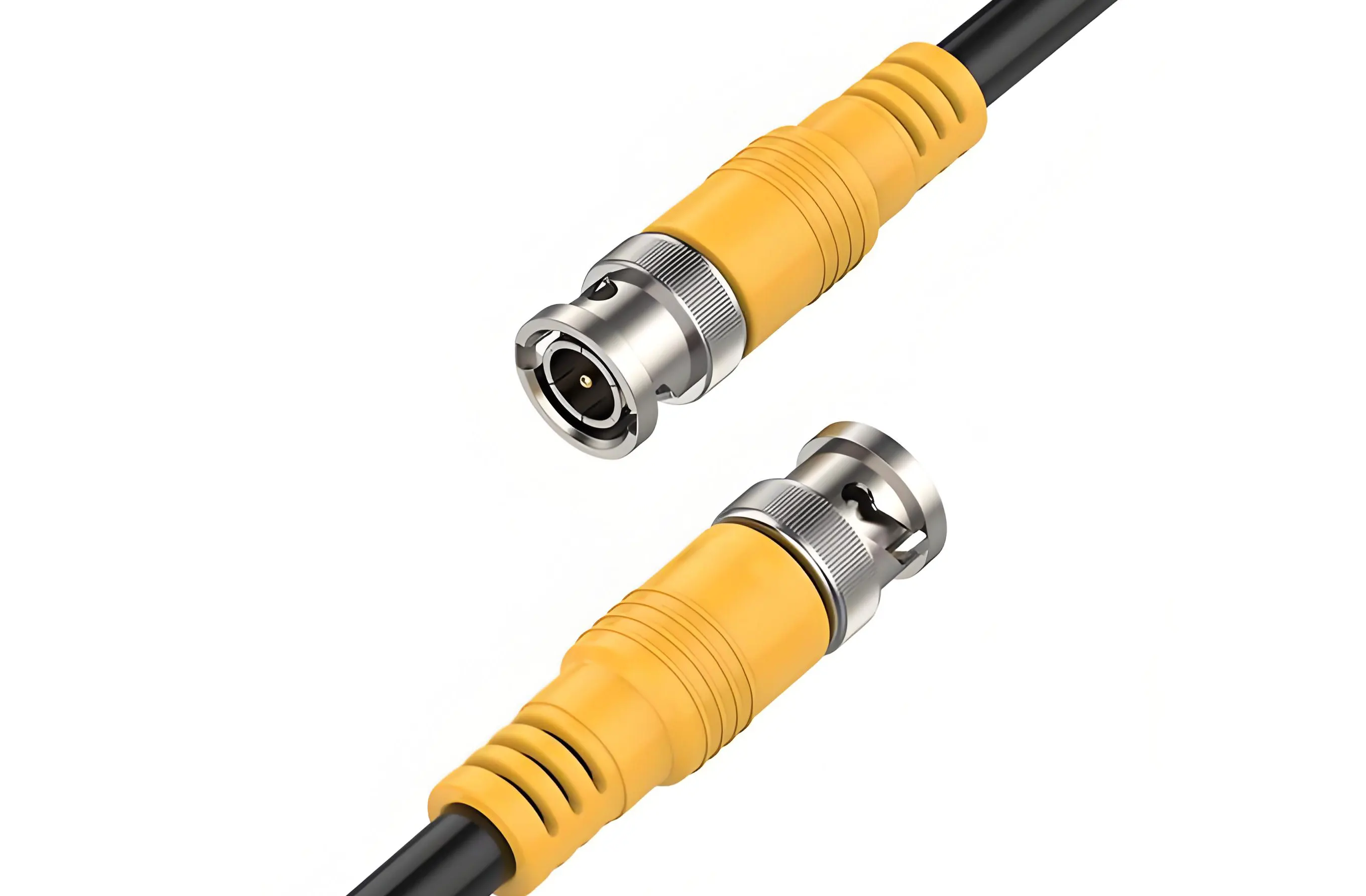
2. SDI Inspection and Status Display
During operation, SDI cable performance can be verified using professional testing equipment to check jitter, error rates, and transmission distance. Many video devices also include SDI status display functions, which monitor input/output port quality in real time, helping technicians quickly identify issues.
3. Is SDI the Same as Coax?
Many users wonder: Is SDI the same as Coax?
The answer: Not exactly.
- Coaxial cable (Coax) is a physical cable structure that can transmit both analog and digital signals.
- SDI cable is a digital video transmission standard that typically uses coaxial cable as its medium.
In short, SDI is the signal protocol, while coax is the cable structure used for transmission. See Belden’s coaxial cable resources for more details.
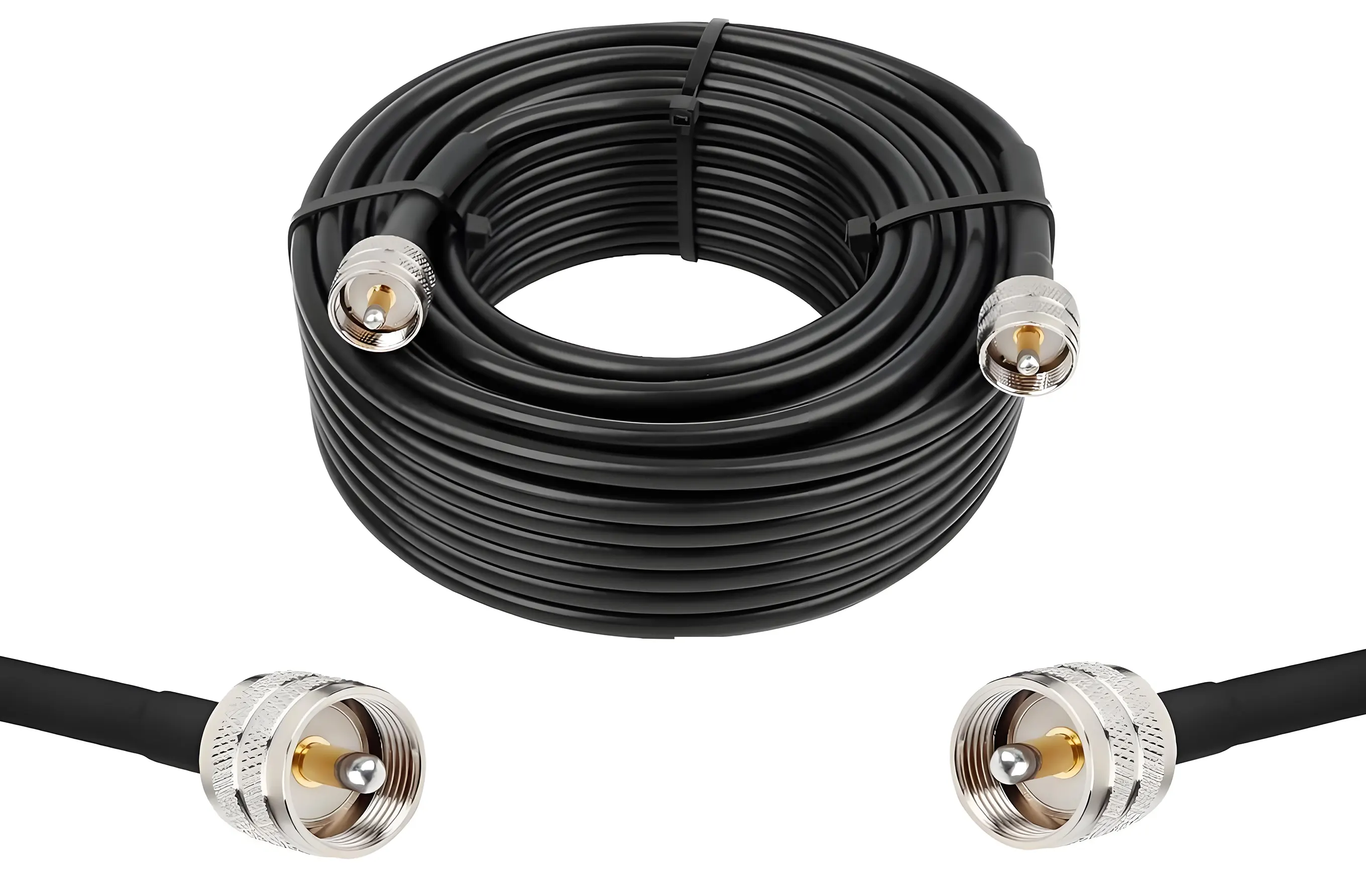
4. HDMI vs. SDI: What’s the Difference?
Both HDMI and SDI transmit HD video, but they serve different purposes:
- HDMI: Commonly used in consumer electronics (TVs, projectors, gaming consoles). It supports audio and video over a single cable but is limited to short distances (up to 15m). Standard defined by HDMI.org.
- SDI: Designed for professional environments, capable of transmitting signals over hundreds of meters with strong stability and interference resistance.
Thus, SDI cables are ideal for broadcast, medical, and surveillance industries where long-distance and reliable signal transmission are required.
5. SDI Cable vs. Coaxial Cable
Technically, an SDI cable is an optimized 75Ω coaxial cable. This impedance specification reduces signal loss and reflection, ensuring reliable high-definition video transmission.
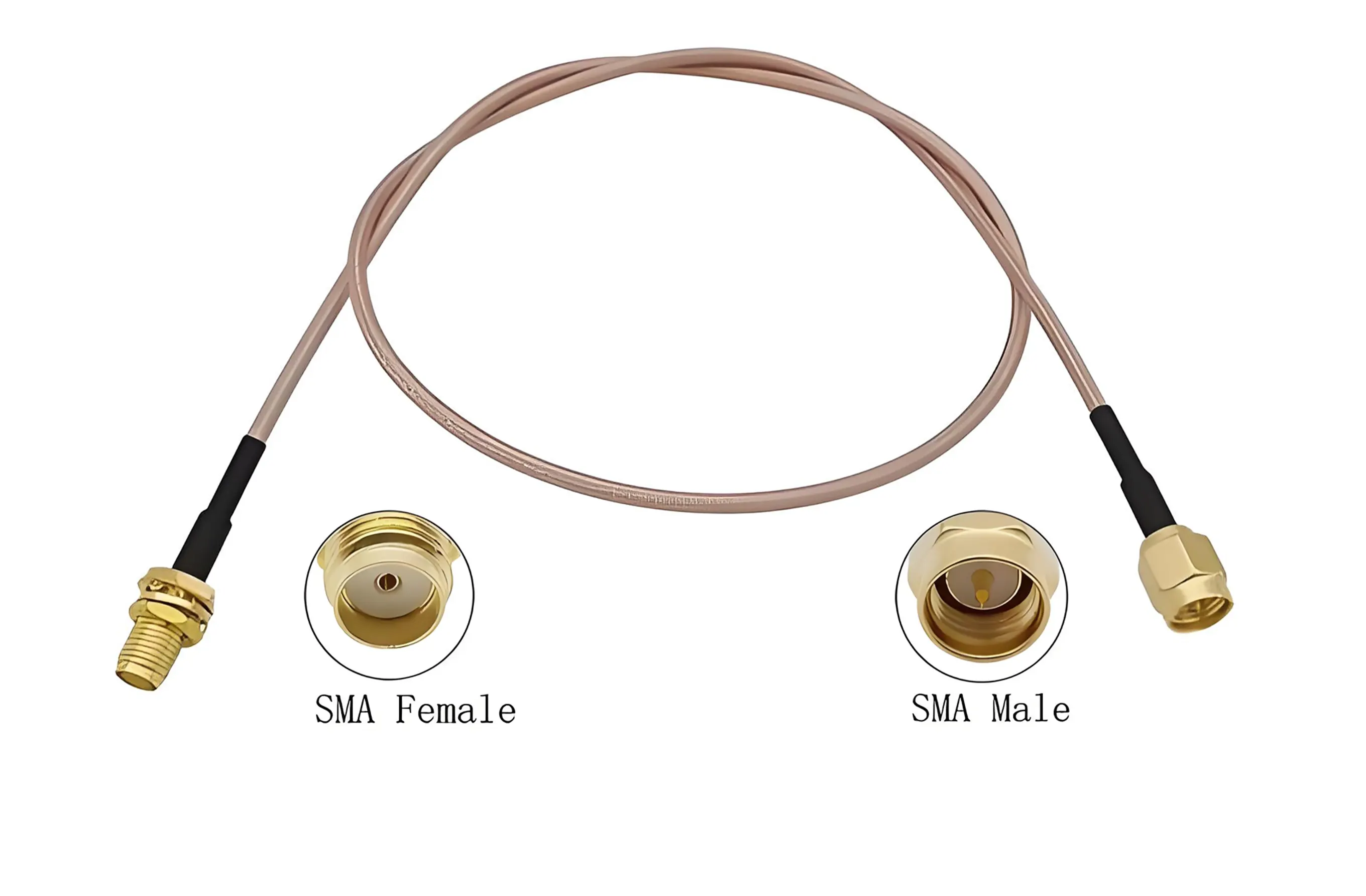
6. SDI Cable vs. BNC Cable
BNC cable does not represent a unique cable type—it refers to coaxial cables terminated with BNC connectors. Since SDI signals typically use BNC connectors, SDI and BNC cables are often used interchangeably.
- Cable body: Coaxial cable
- Connector: BNC plug
Together, they enable stable SDI signal transmission.
7. Choosing the Right SDI Cable Manufacturer
For professional applications, choosing a qualified manufacturer is critical. A reliable supplier not only delivers high-performance cables but also provides customization to fit different project needs.
The Kaweei wiring harness factory is an experienced manufacturer that supplies premium SDI cable assemblies and custom solutions for broadcasting, medical, and security industries, ensuring stable and high-quality performance in demanding environments.
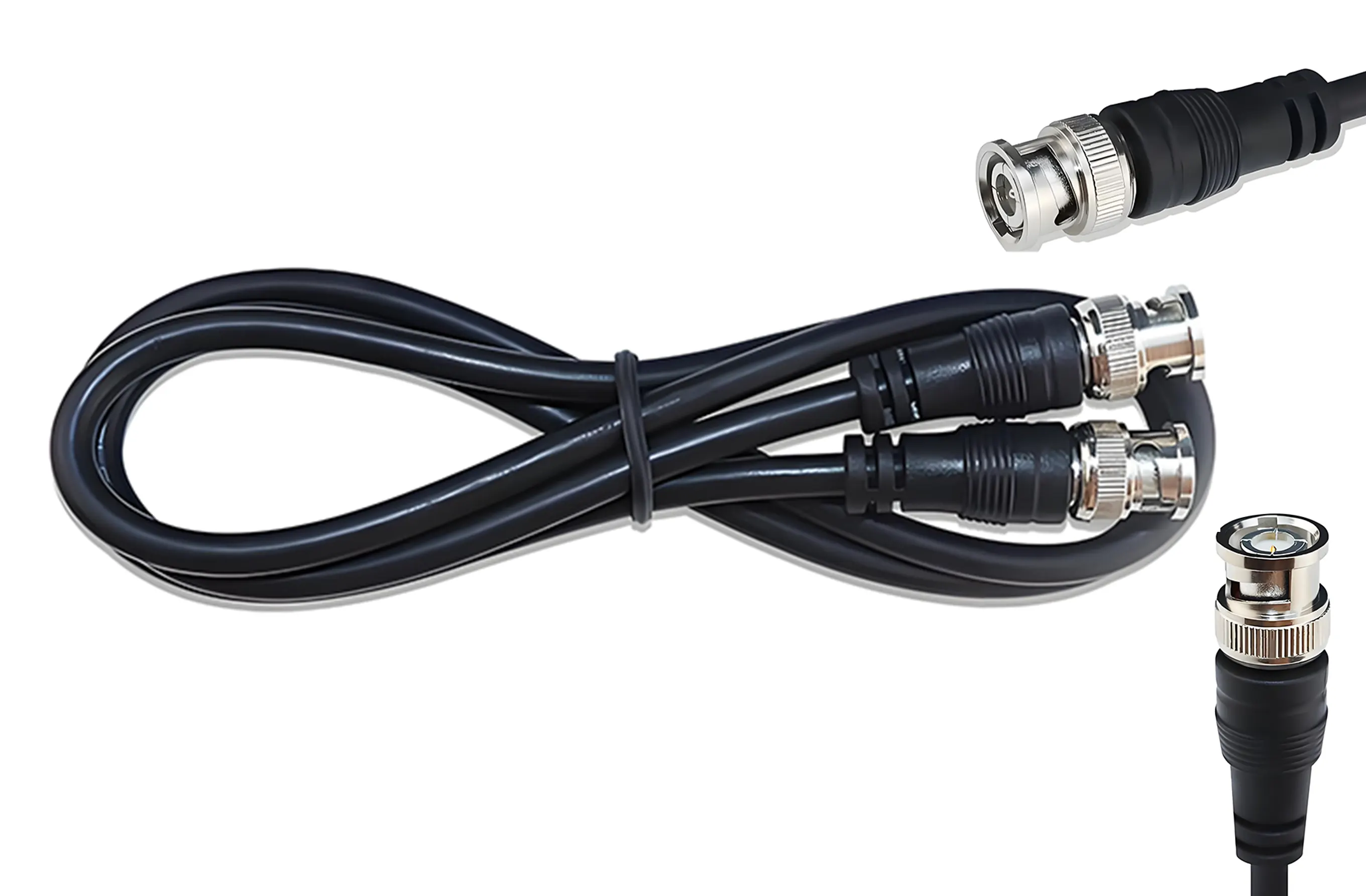
8. FAQ: Common Questions About SDI Cables
Q1: What is the maximum transmission distance of SDI cables?
A: It depends on the standard. For example, 3G-SDI can typically transmit up to 100m, while 12G-SDI performs best within 50m.
Q2: Can SDI cables carry audio?
A: Yes. SDI supports embedded audio, transmitting video and audio simultaneously.
Q3: Can SDI and HDMI be used interchangeably?
A: No, direct interchange is not possible. You need an SDI-to-HDMI converter or related equipment. See Blackmagic Design support for reference.
Q4: Do SDI cables need regular replacement?
A: In high-usage or demanding environments, periodic testing is recommended. Replace the cable if you notice signal degradation or physical wear.
9. Conclusion
As a professional-grade transmission solution, the SDI cable offers unmatched stability, long-distance capability, and interference resistance compared to consumer interfaces like HDMI. Understanding its relationship with coaxial and BNC cables helps ensure correct application in projects. Whether in broadcasting studios, TV stations, or security systems, choosing a trusted manufacturer such as the Kaweei wiring harness factory guarantees superior video transmission quality.



